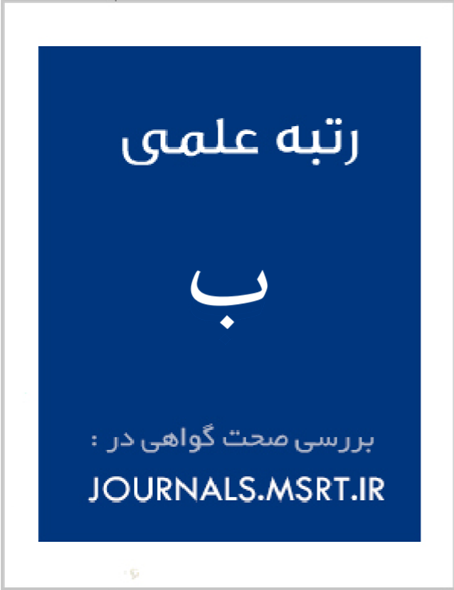Identifying Strategies for the Ethical Empowerment of Clerics in Dealing with Cultural Diversity
Keywords:
Ethical empowerment, clerics, cultural diversity, thematic analysis, religious education, intercultural competenceAbstract
The objective of this study was to identify strategies for the ethical empowerment of clerics in dealing with cultural diversity, emphasizing their lived experiences within diverse social contexts. This qualitative study employed thematic analysis. Data were collected through semi-structured interviews with 15 clerics working in culturally diverse areas of Tehran. Participants were selected purposefully and interviewed until theoretical saturation was achieved. Data were analyzed using NVivo software through open, axial, and selective coding stages. The analysis revealed three main themes: “moral self-awareness in the face of cultural differences,” “communication skills in intercultural interactions,” and “practical strategies for ethical empowerment.” Subthemes included religious reinterpretation, intercultural empathy, institutional support, continuous training, and emulation of prophetic conduct. Participant quotations emphasized the critical role of field experience and reflective practices in enhancing ethical capacity. The findings suggest that ethical empowerment in clerics confronting cultural diversity requires a multifaceted approach, including personal reflection, intercultural skills development, and institutional backing. These insights may inform educational design and policy planning for religious organizations.
Downloads
Downloads
Published
Submitted
Revised
Accepted
Issue
Section
License

This work is licensed under a Creative Commons Attribution-NonCommercial 4.0 International License.


